From cities to mountain resorts, youth hostels are a viable alternative to three and four-star hotels. That's because they offer affordable lodging and increasingly luxurious amenities previously known from upscale hotels.
Why many Swiss youth hostels are like boutique hotels
The «Stiftung für Sozialtourismus» is the current owner of more than half of all youth hostels in Switzerland. In 1993, they started to define guidelines for the construction and maintenance of youth hostels.
By involving experts from the fields of architecture, interior design, ecology, textile design or landscape architecture, the "Bauhandbuch 2005" was published. It is essentially a bible for youth hostel architecture, serving as the basis for the construction of any new youth hostel.
For example, it defines that each room has an entrance zone with a cloakroom, as well as a bathroom. Or that every bed is equipped with a small reading light and a mobile phone holder. The current generation of youth hostels offers private accommodations and hotel-level comforts.
Be it contemporary constructions or rehabilitated historic buildings, here are five youth hostels in Switzerland that will catch your attention:
The Basel youth hostel
The Basel youth hostel is located close to the River Rhine on the edge of the St. Alban-Teich. This nearly 5km long commercial canal was built in the Middle Ages between Münchenstein and Basel. And the sounds of the small waterfall next to our room make us forget that we are in the middle of a city...
The building was constructed in 1850/1851 as a silk ribbon factory, according to plans by Christoph Riggenbach. It was called the "Red Factory" ("Rote Fabrik") due to its color.
With the end of ribbon production in 1956, the building lost its original function. Between 1978 and 1980, it was converted into a youth hostel. Due to the fire and construction codes, only the outer shell and the dye cellar, a vaulted hall with high windows to the canal, were preserved.
It was renovated again in 2010 according to a design by the Basel-based studio Buchner Bründler. This allowed for an increase in rooms and a wider variety of room types. A wooden walkway laid parallel to the canal, now leads to the terrace area next to the extension building. Here, there are 21 luxury rooms with floor-to-ceiling windows and balconies.
Excursion ideas: Basel is a city of museums. Be mesmerized at Museum Tinguely, designed by Mario Botta, or head to Museum der Kulturen by Herzog & Meuron.
The Bern youth hostel
Located just below the Swiss Parliament in the Marzili neighborhood, the Bern Youth Hostel was built in 1955/56 based on a design by Peter Indermühle.
After a 16-month renovation and expansion with a free-standing new building by Aebi & Vincent Architekten, it was re-opened in 2018.
The 30 double and four-bed rooms in the new building feature floor-to-ceiling windows with either views of the River Aare or the Swiss Parliament building.
Since it is located in a wetland area right next to the river, the new wing is slightly raised off the ground. Structurally speaking, the building stands on twelve piles.
The renovations resulted in rooms with private bathrooms, amenities that did not exist previously. Before 2016, there were rooms with 18 and 20 beds; the largest room now has eight beds.
I found the interplay of old and new to be especially fascinating:
Excursion ideas: Visit the Swiss Parliament building or Zentrum Paul Klee, designed by Renzo Piano.
The Crans-Montana youth hostel
Back in 1930, the Bauhaus-style building was home to a sanatorium. Designed by Flora & Rudolf Steiger-Crawford and Arnold Itten, it was aptly named Bella Lui ("beautiful light").
Flora Steiger-Crawford, born in 1899 to English parents in Bombay and the first woman to graduate in architecture from the Federal Institute of Technology in Zurich in 1923, placed particular emphasis on the design of the furniture.
And even today, there is still one room with the restored original furniture that can be rented.
Over time, the usage of the building changed several times: Flora Steiger-Crawford converted the sanatorium in 1938 into a sports hotel, but it remained closed during WWII. At the end of the war, it served surviving Jews as a refuge and training center before being used as a health resort for tuberculosis.
With the advance of tuberculosis treatments using antibiotics, the Bella Lui became a convalescent home, and later a spa and holiday home under church management. Since 1996, it is classified as a historical monument, re-opening as a youth hostel in 2017.
We love the three decks on different levels, each with its own unique design and beautiful views of the lake and mountains. Staying here feels like stepping back in time!
Excursion ideas: visit the local sites on the Swiss Heritage list of architecture highlights.
The Saas-Fee youth hostel
The Wellnesshostel4000 and Aqua Allalin Saas-Fee were built by SSA Architects between 2009 and 2014. In September 2014, it opened as the first youth hostel with its own spa.
The name of the hostel indicates that we are surrounded by high mountains; 13 peaks above 4000 m, to be precise. And if you cannot get enough exercise outdoors, this youth hostel even features a gym...
The polygonal cube of the hostel building still reminds us of the traditional mountain barns of Saas-Fee. Formally, it is a wooden body supported by a stone base.
The large windows offer spectacular views of the surrounding mountains and glaciers.
A beautiful white staircase connects the hostel entrance with the swimming pool and the nearly 2000 sq meter "Aqua Allalin" spa. There are views of the 300-meter deep canyon of the Feevispa and, of course, the mountains. It is interesting to see how well the preexisting, publicly owned indoor swimming pool was integrated into the overall ensemble.
Excursion ideas: Saas-Fee is all about the outdoors. Go hiking or skiing and relax in the spa in the evening!
The Scuol youth hostel
Four local architects constructed the Scuol youth hostel in only half a year. Marisa Feuerstein, Men Clalüna, Annabelle Breitenbach and Jon Armon Strimer created the architecture firm ARGE Sursass for the purpose of this project.
As typical for traditional Engadine houses, the windows of the 45 rooms sit at irregular intervals in the facade and are recessed within the thick walls. The common rooms have large corner windows while narrow windows offer views from the corridors.
The roof is slightly inclined and the four walls each have slight angles.
In the center of the building are the stairs, the elevator, and common sanitary rooms. Four blocks of rooms are built around the core. All two- and four-bedrooms have their own showers while guests staying at a dorm for six share the communal facilities. I love how the wooden floors in the rooms create a warm atmosphere.
Excursion ideas: visit the village of Guarda or the Castle of Tarasp.
I am already looking forward to exploring some other Swiss Youth hostels. High on my list are the beehive ("Bienenkorb") in the garden of the Grindelwald Youth Hostel, as well as the new wellnessHostel3000 that is set to open in Laax in December.
(All photographs copyright Dominik Gehl)

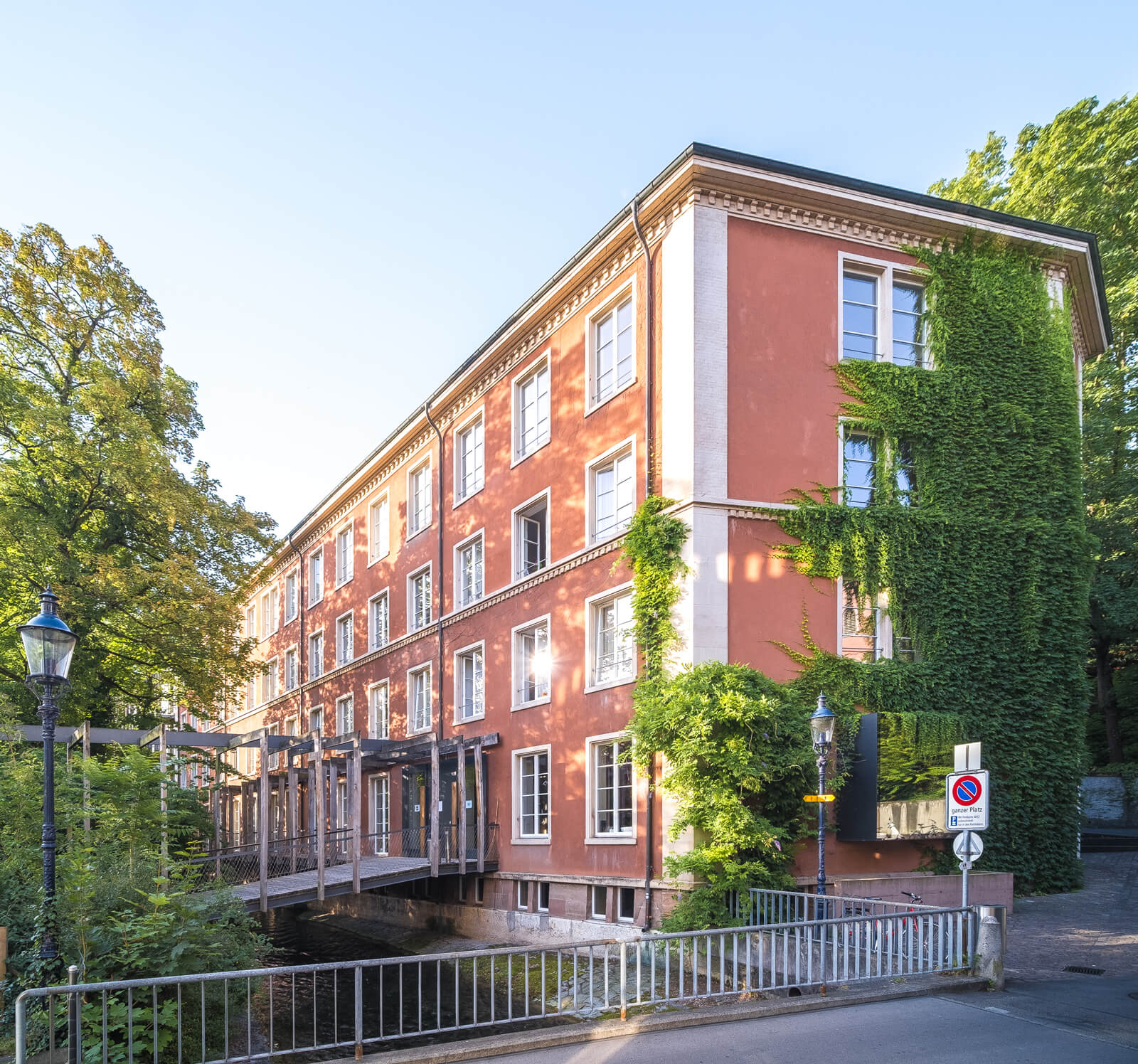
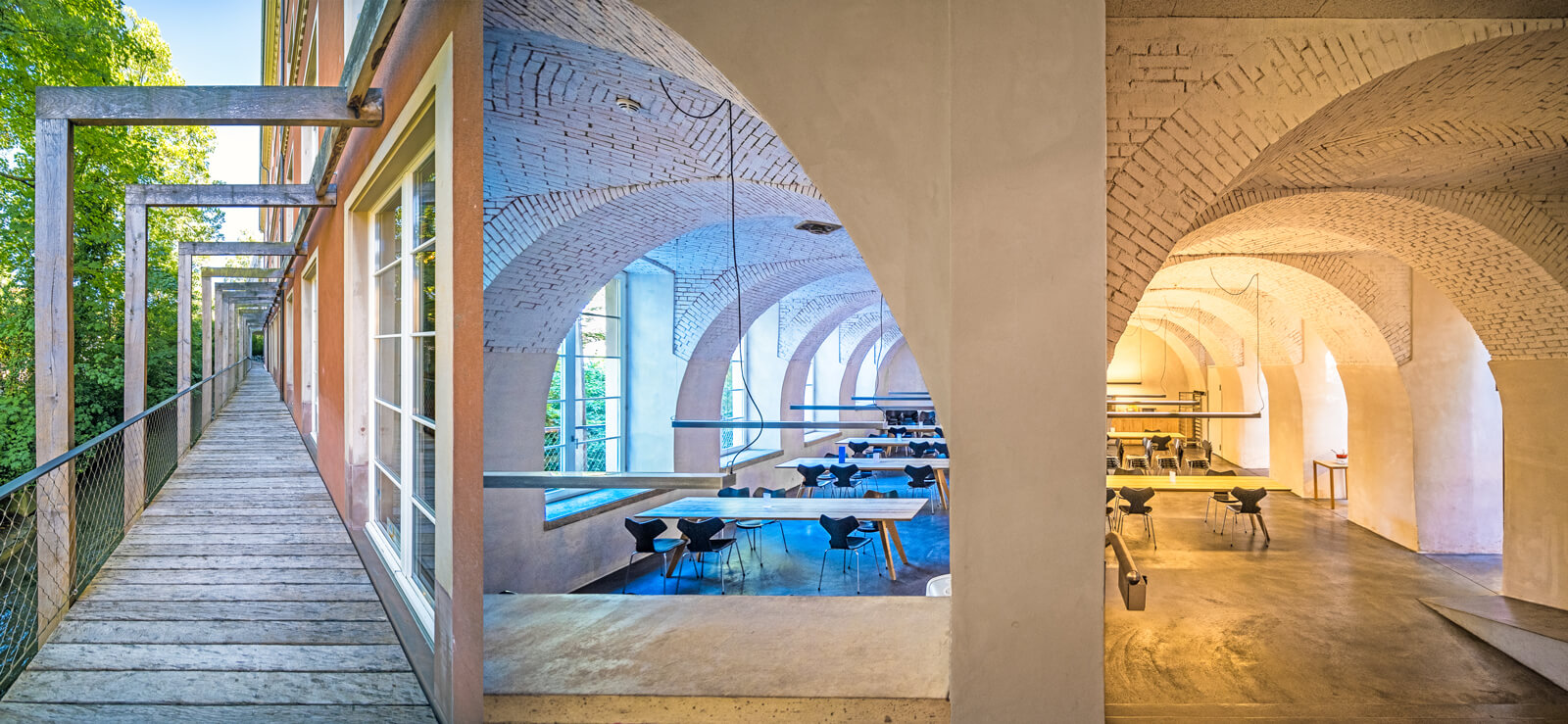
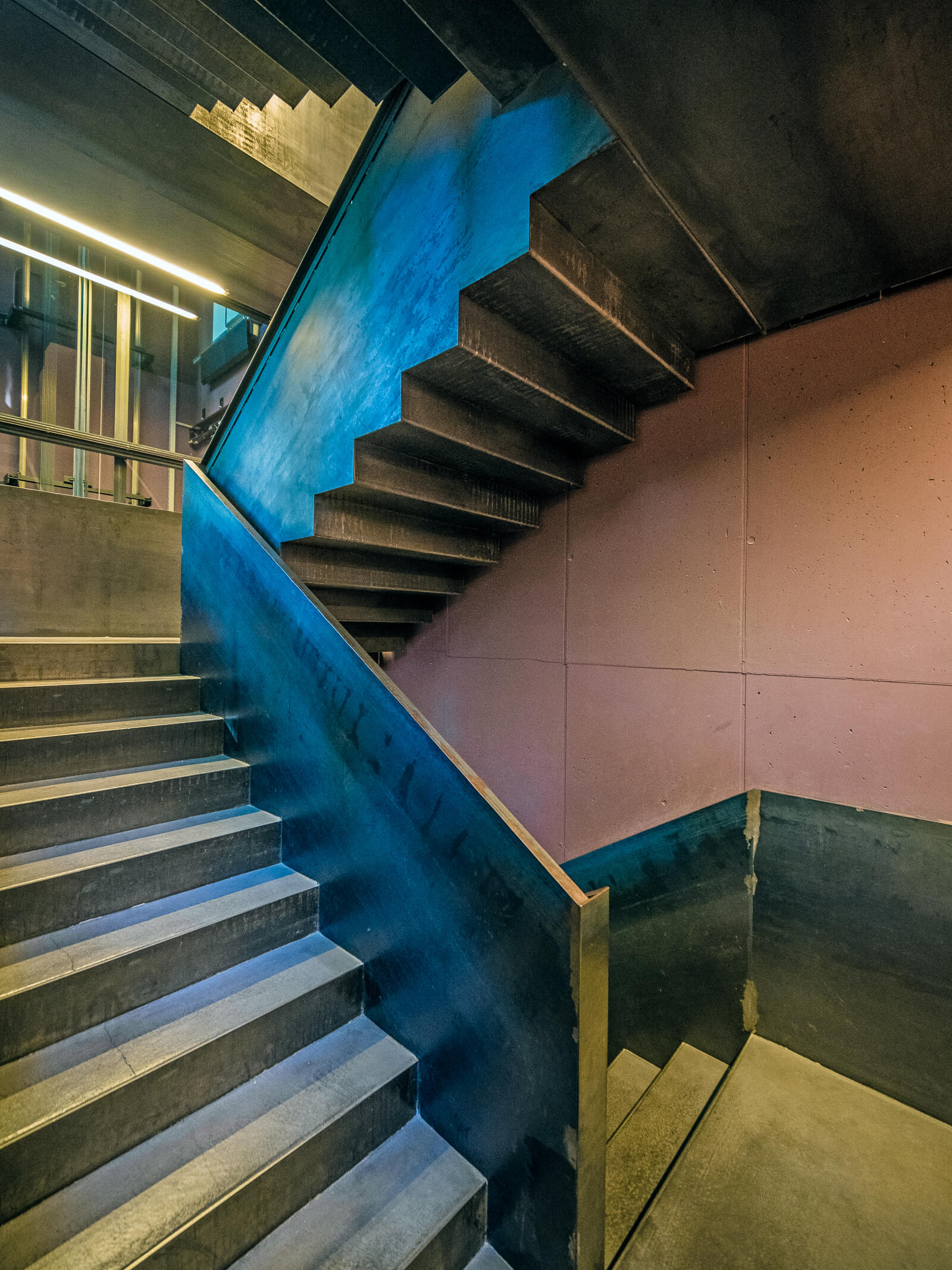
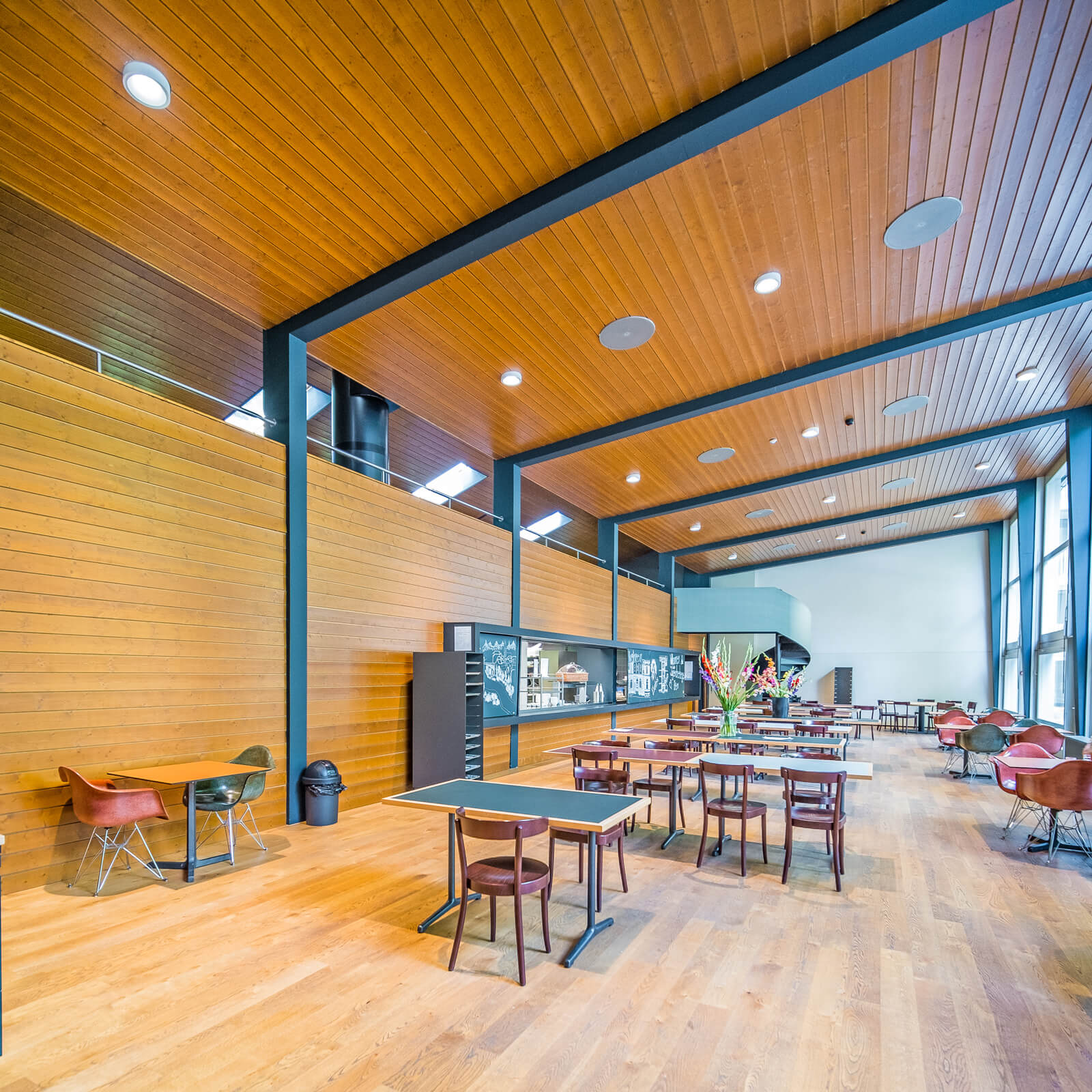
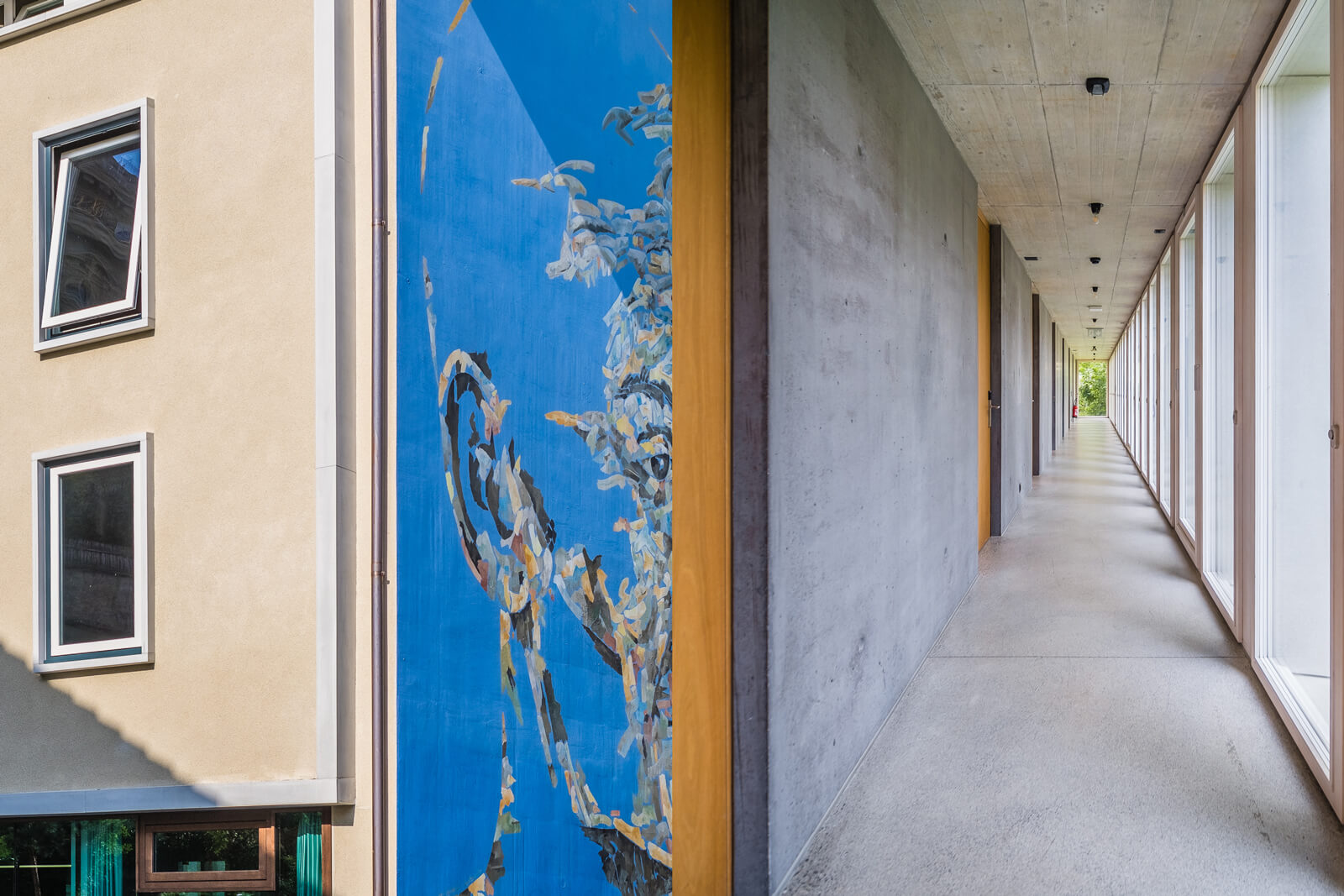
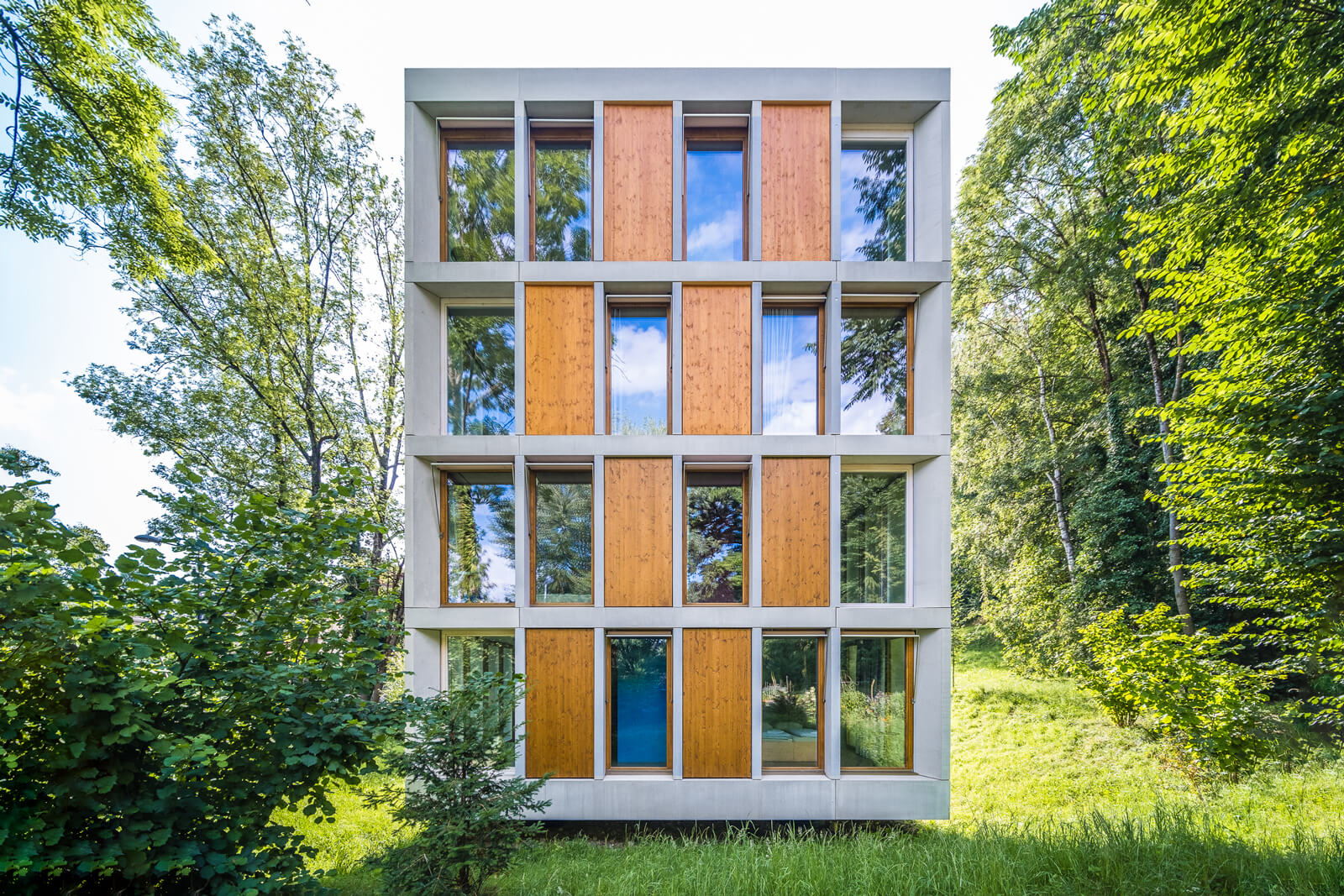
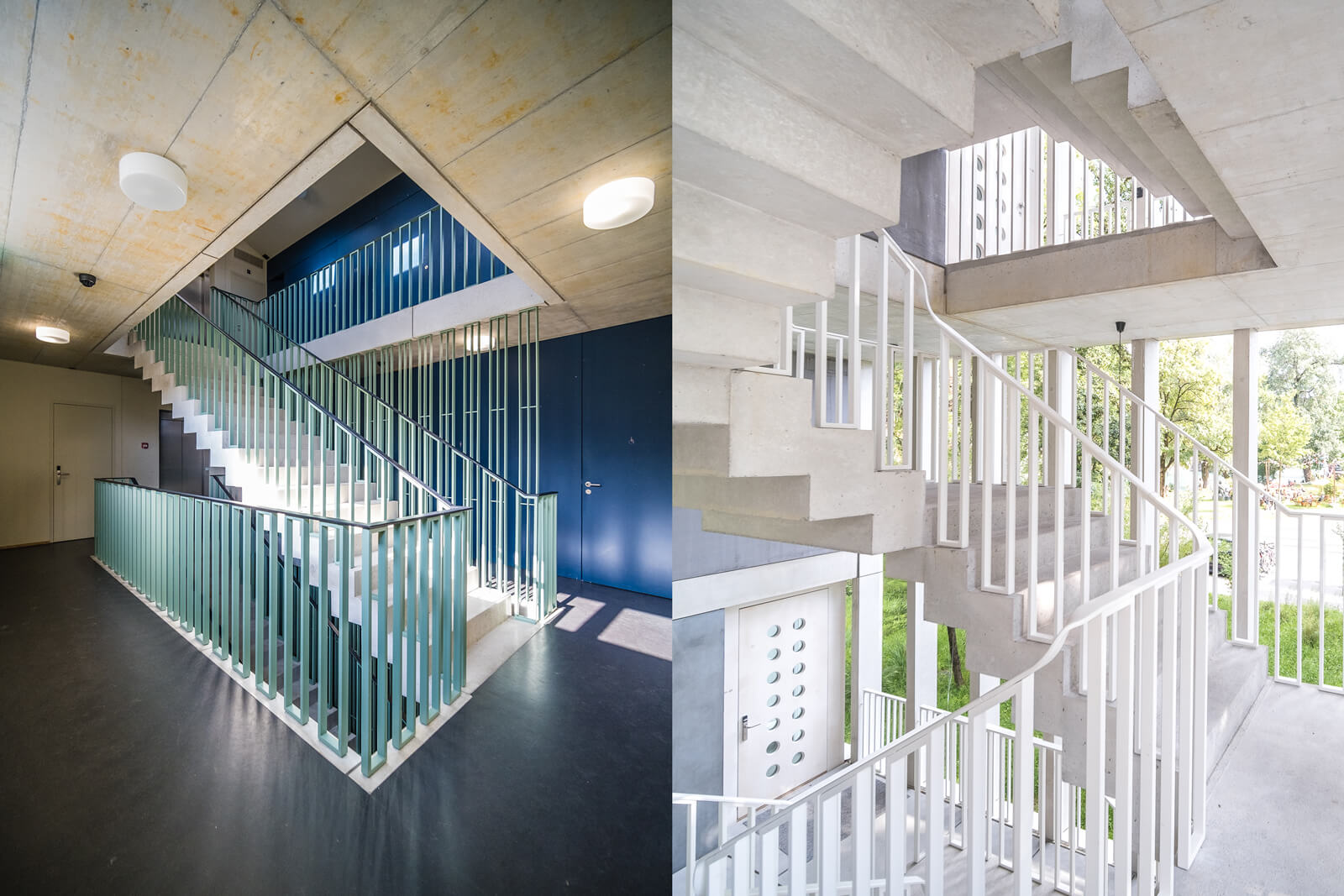
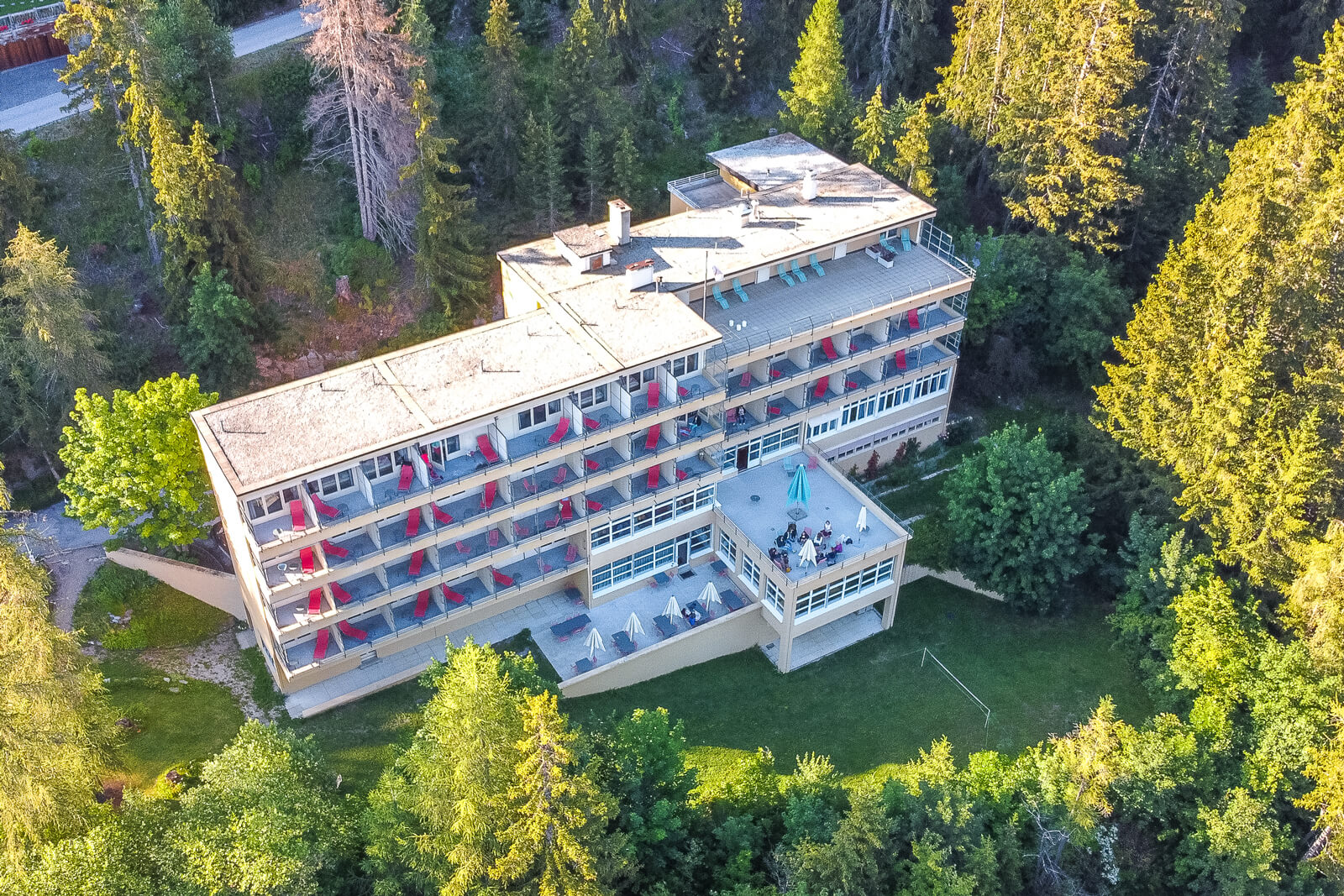
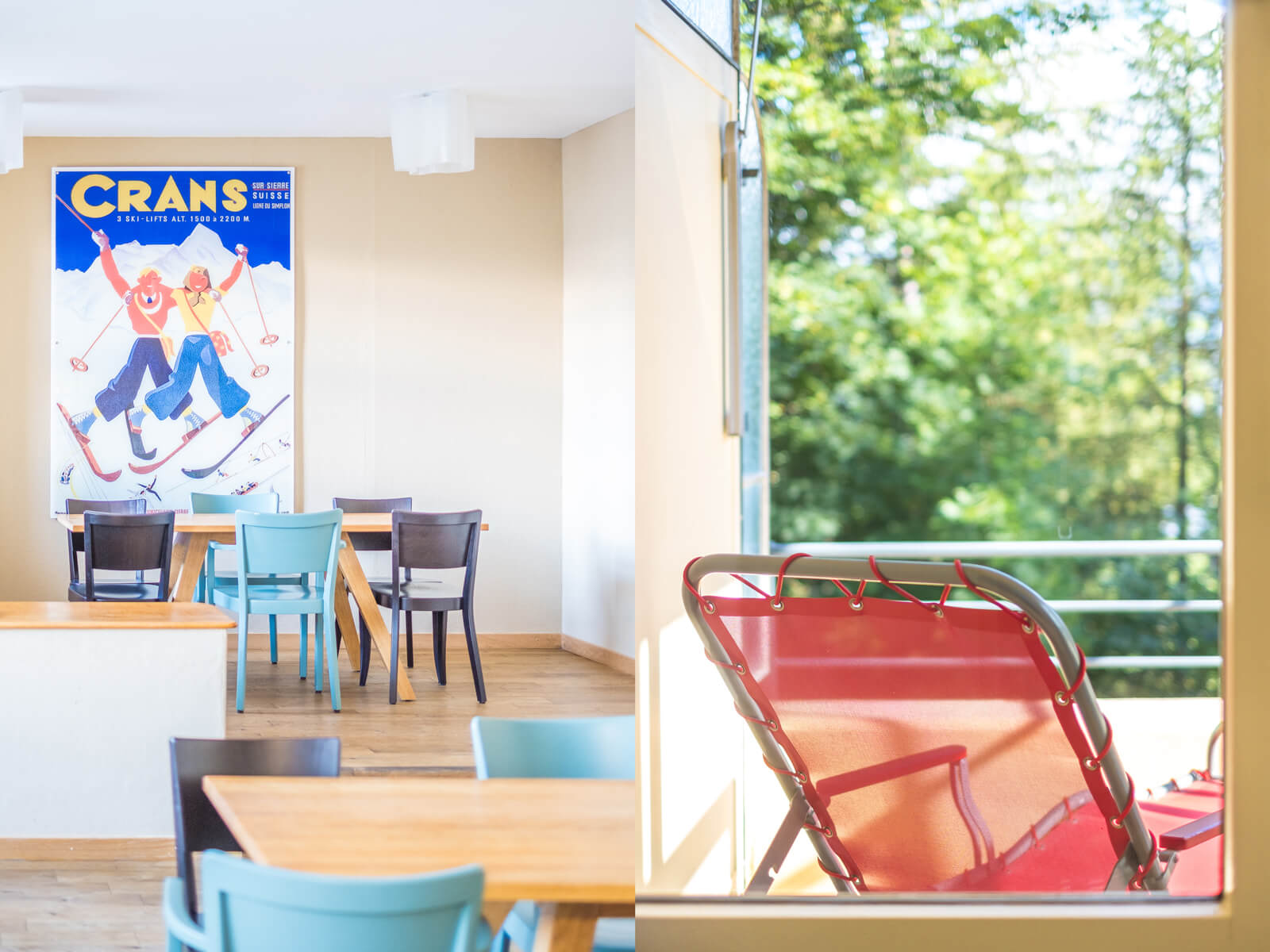
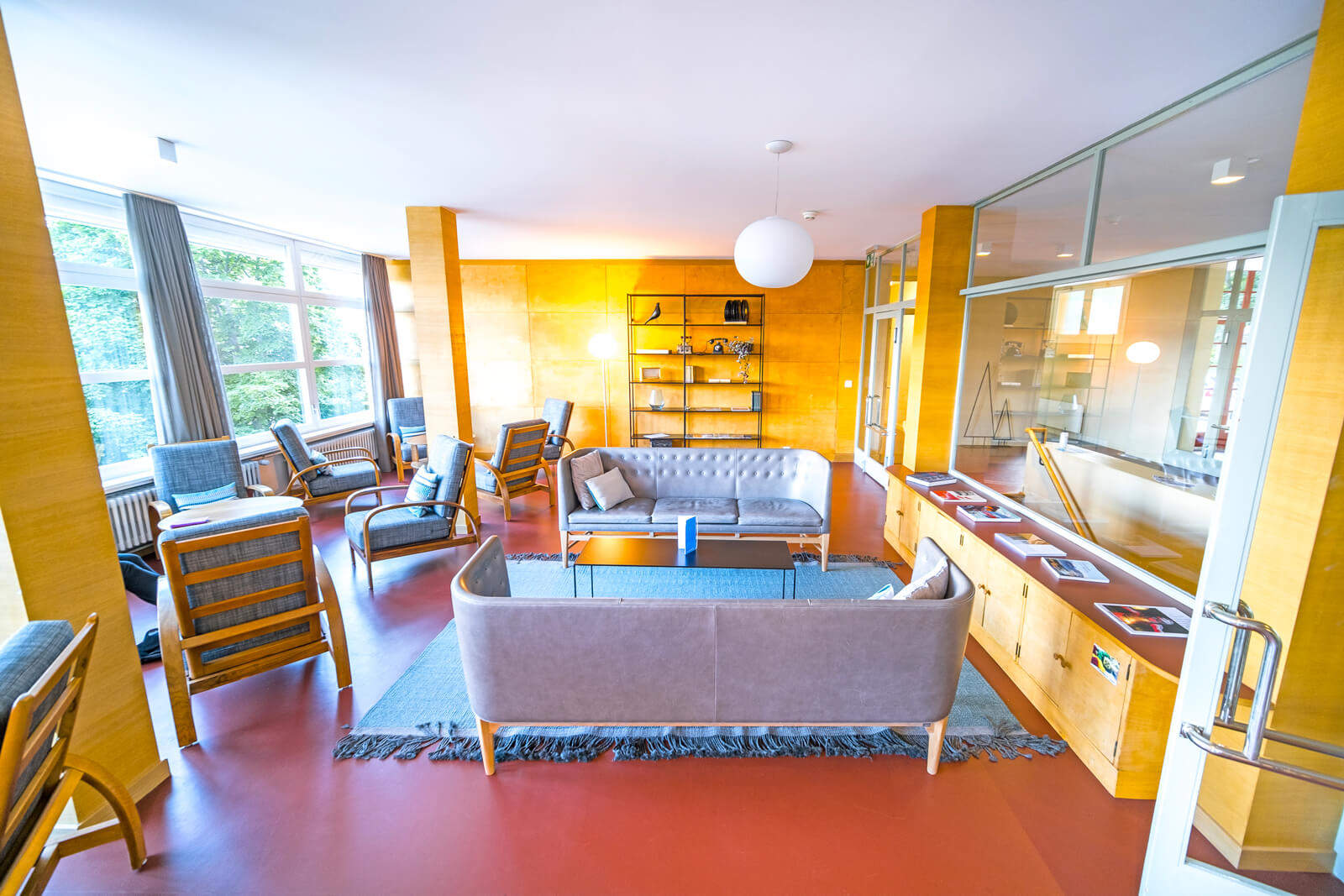
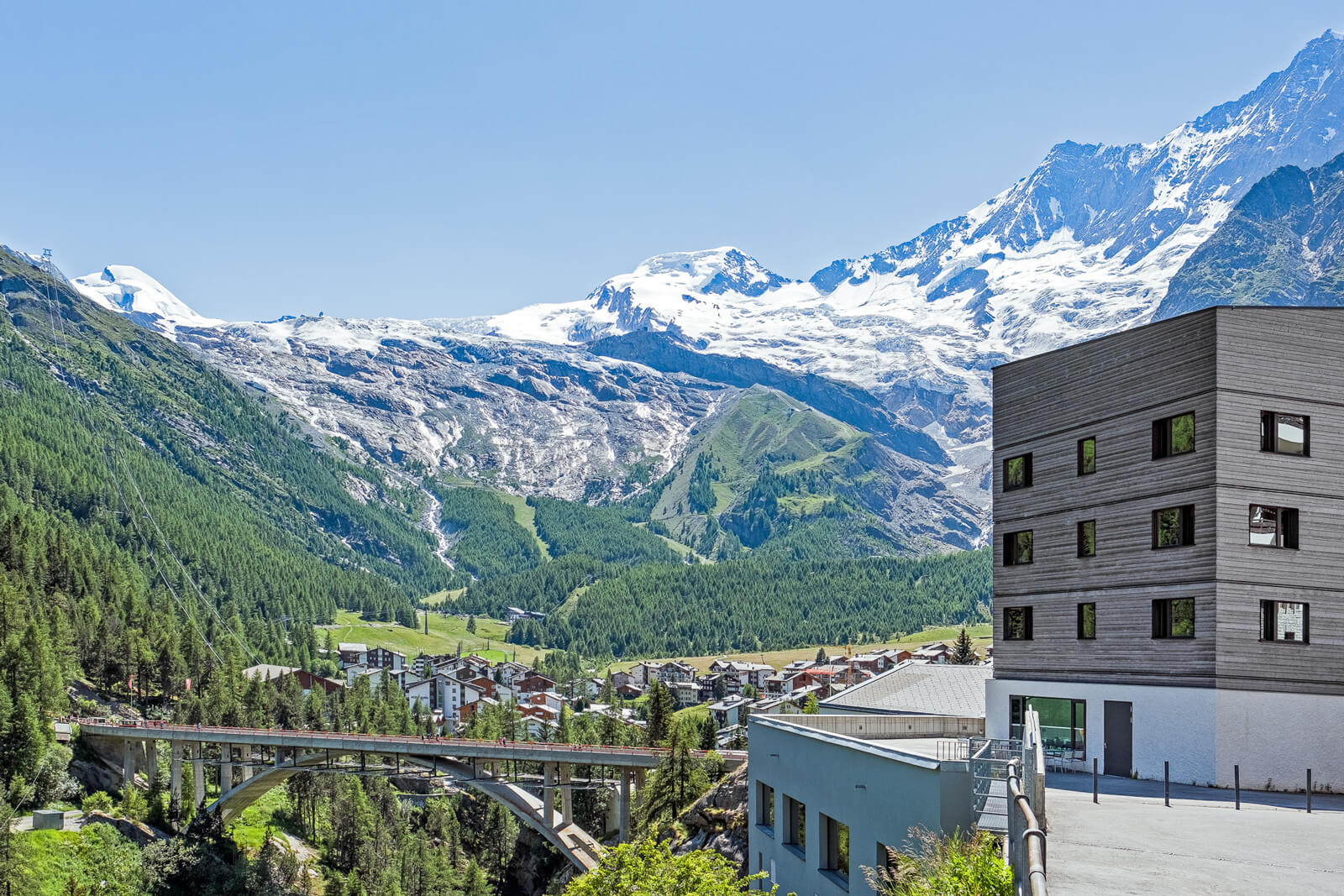
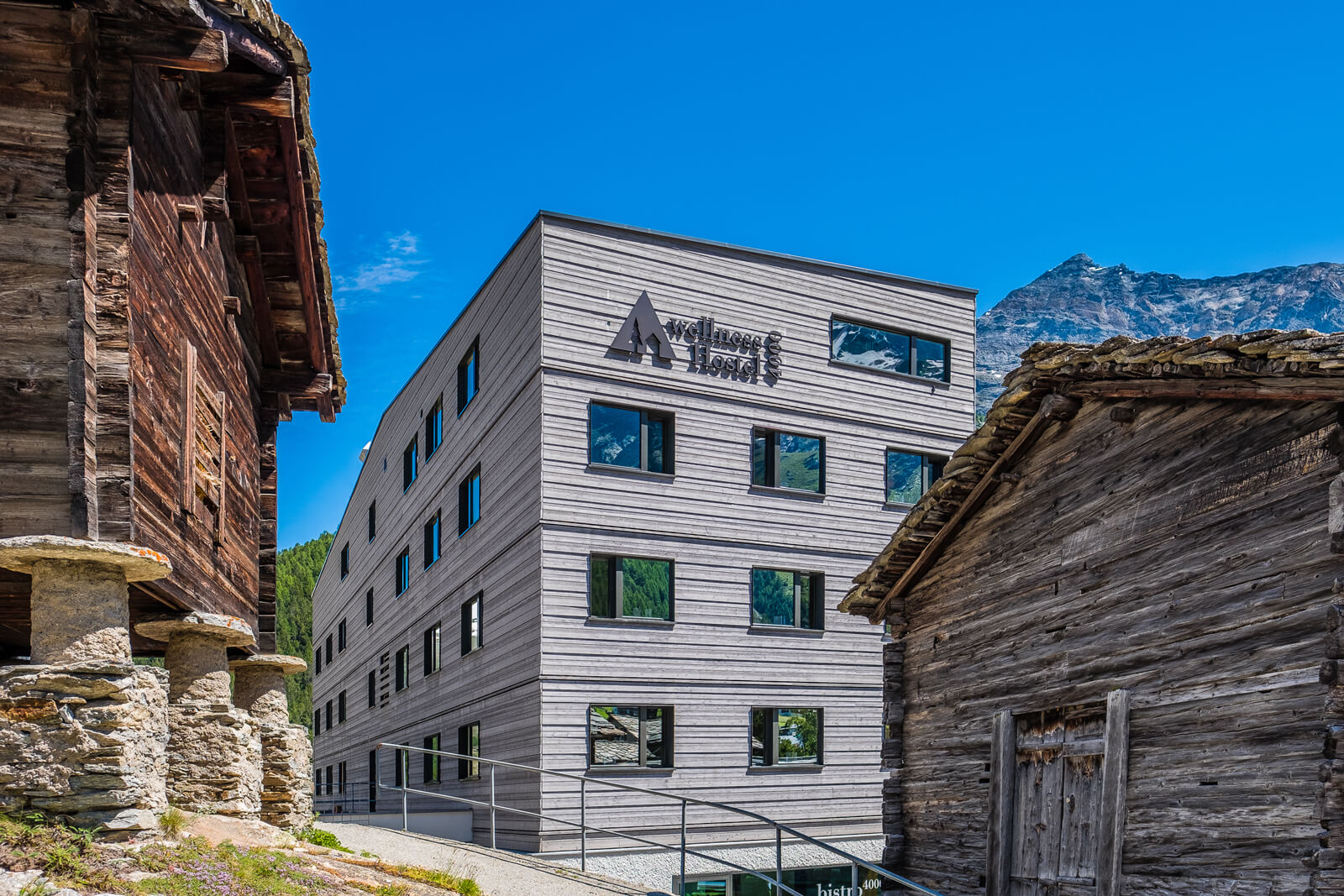
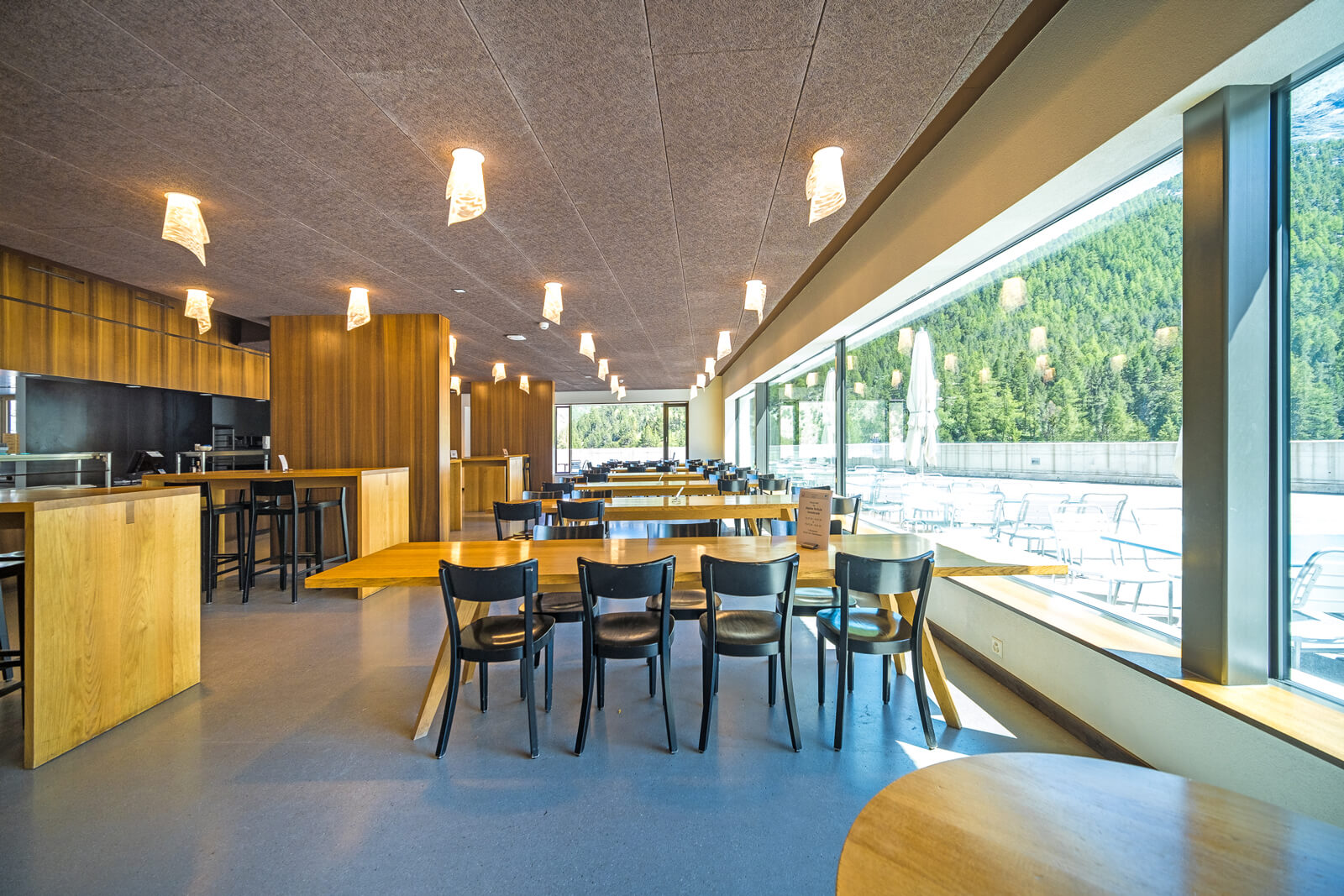
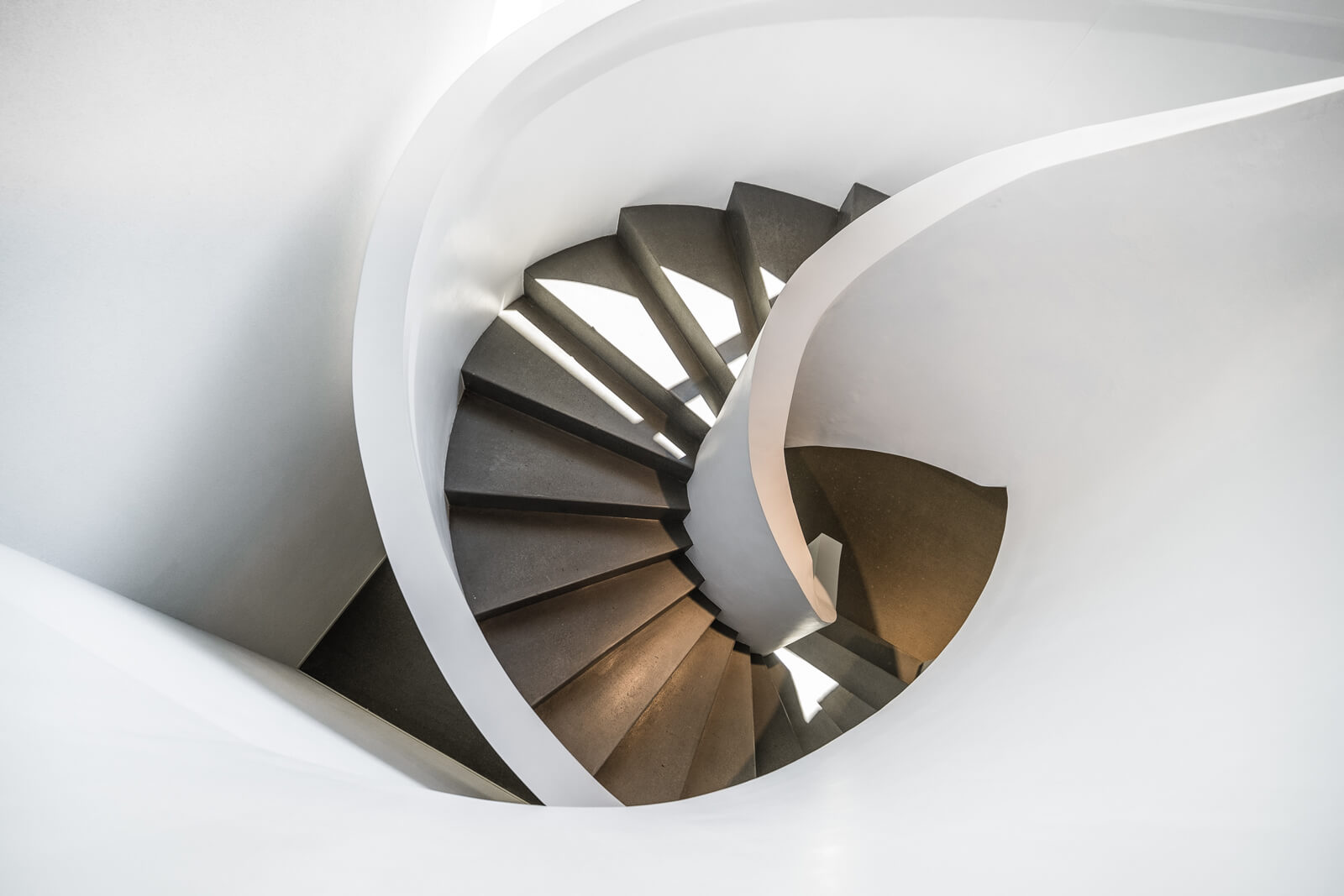

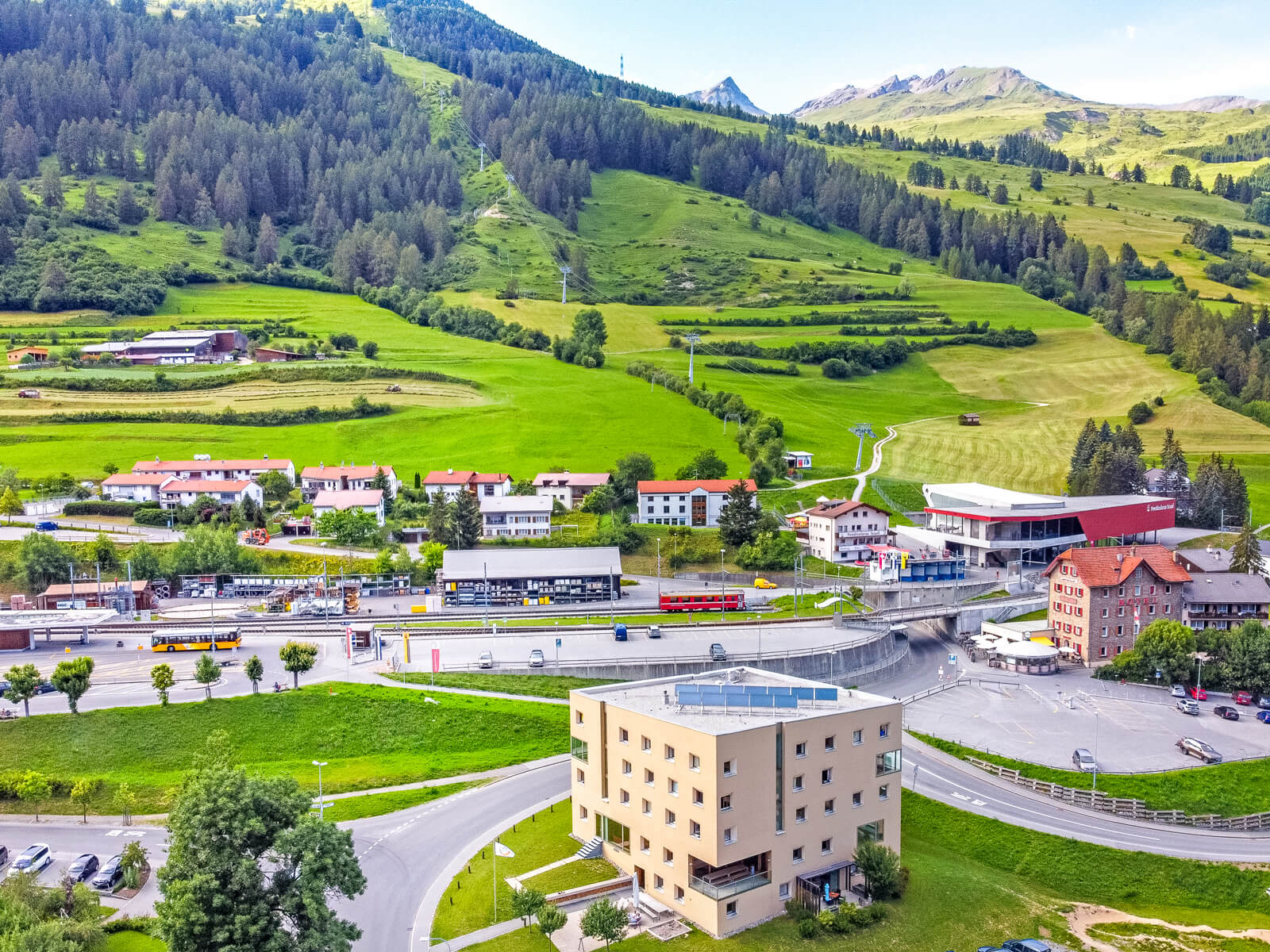
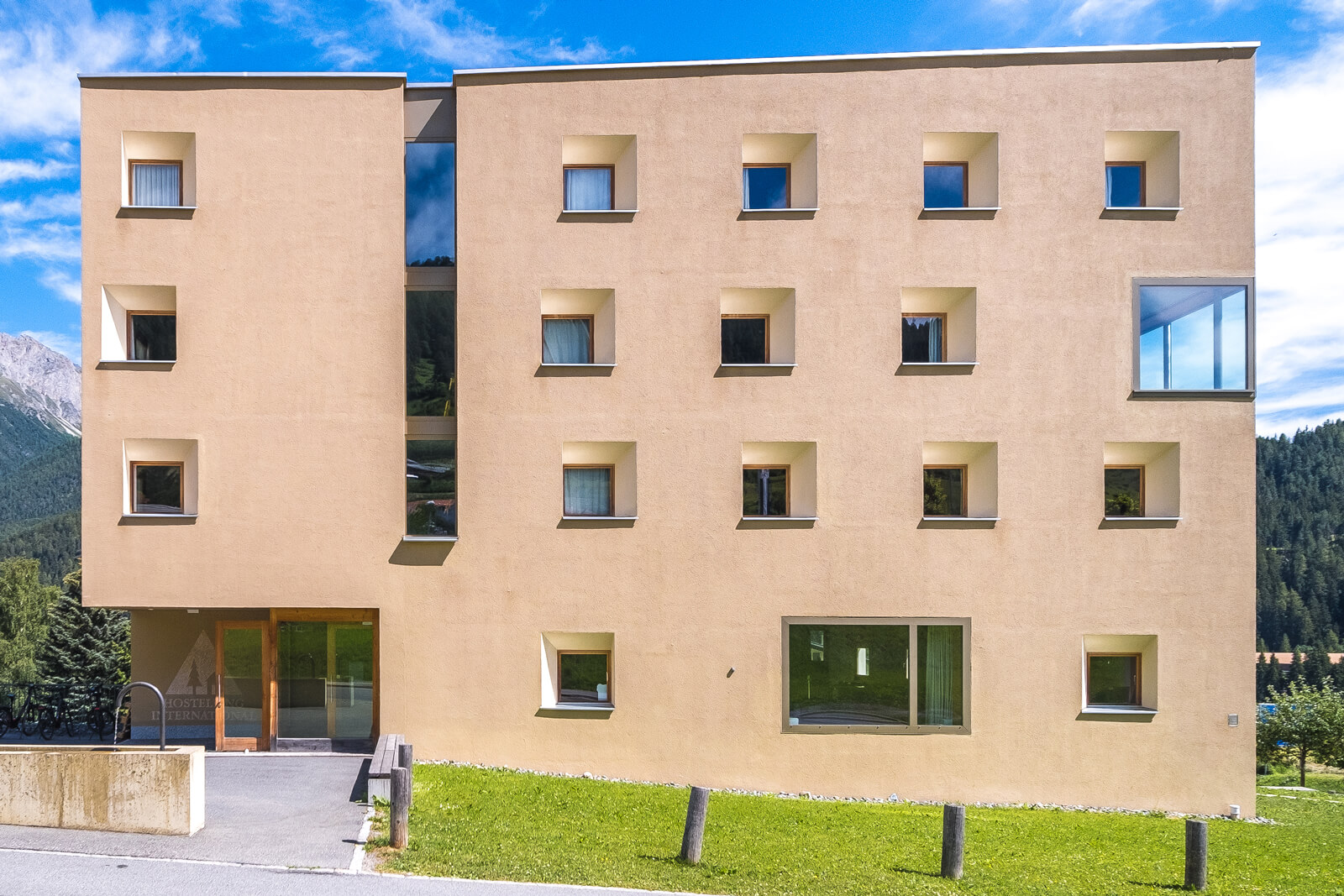
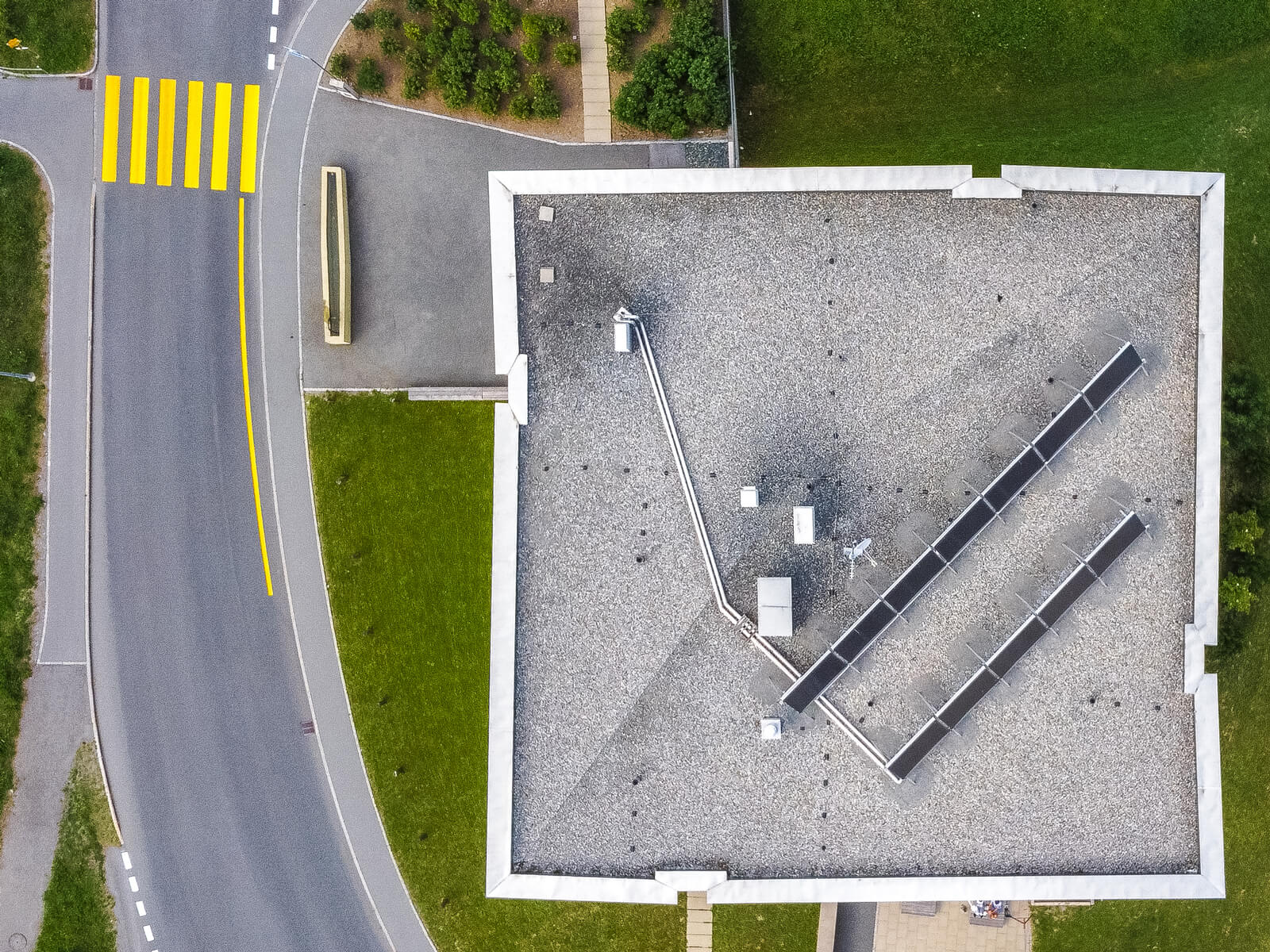
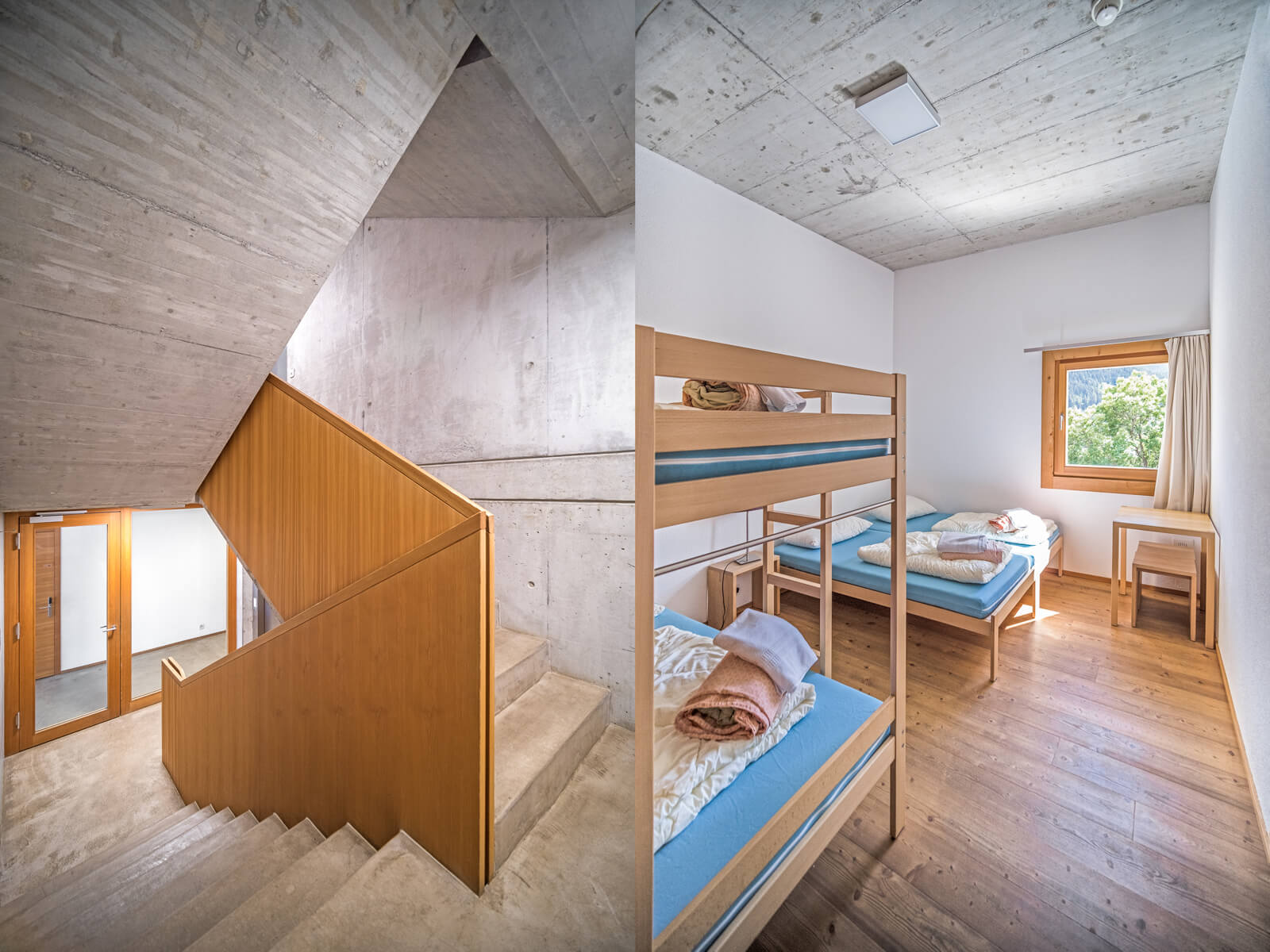
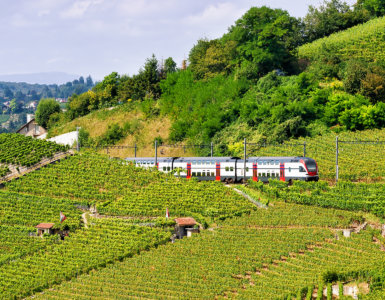
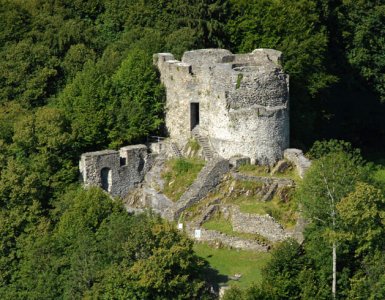
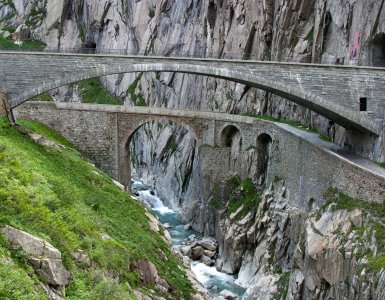

Add comment